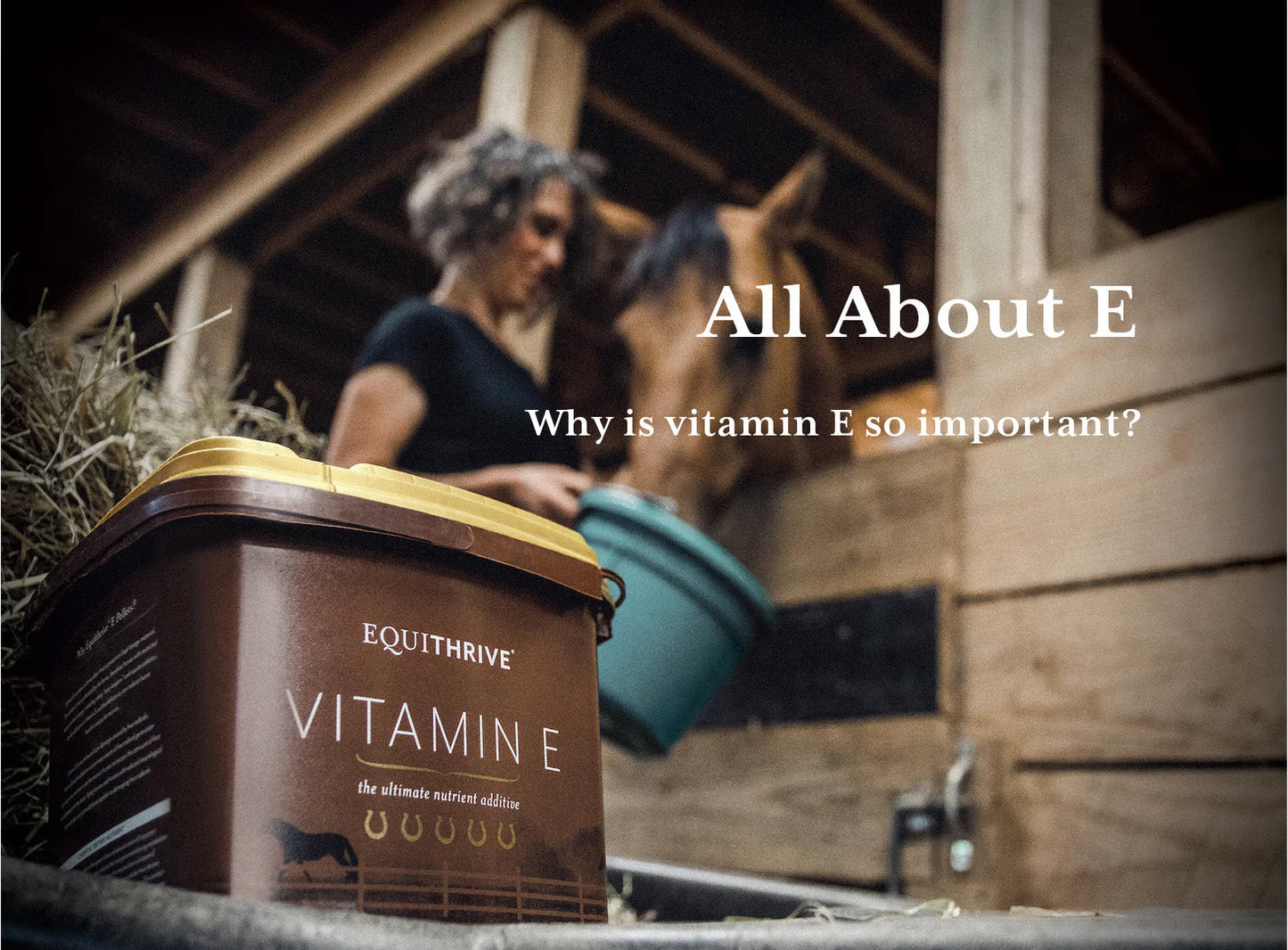
Let's start with the facts...
- Vitamin E is the #1 antioxidant that horses naturally consume to support healthy oxidative status in the body through normalization of free radical levels. Appropriate Vitamin E consumption is critical for: healthy immune system function, brain and nerve tissue development, muscle development, performance, and recovery. Horses do not make or synthesize Vitamin E themselves, so they must consume it through their diet.
- Fresh pasture grasses contain ample amounts of Vitamin E, but most equine athletes and "easy keepers" are predominantly in environments where they are not receiving fresh pasture, and thus, they need to consume Vitamin E via supplementation into their diets (feed and supplements).
- Hay has very low concentrations of Vitamin E. Even though you may have the same species of fresh grass in pasture, once the pasture is cut and turned into hay, due to the natural storage process and drying, the amount of bioavailable Vitamin E is diminished considerably.
 Mares, foals, athletes, and retirees utilize vitamin E to fight oxidative stress.
Mares, foals, athletes, and retirees utilize vitamin E to fight oxidative stress.
All horses utilize Vitamin E to support healthy free radical levels in the body’s tissues. There are some important considerations that a horse owner should be aware of when considering their horse’s Vitamin E intake and making feed and supplement choices:
- Many commercial feeds and supplements use a synthetic source of Vitamin E, which has extremely low bioavailability compared to the natural source.
- You can check the source of Vitamin E in your equine feed and supplements by looking for these particular words on product labels: synthetic Vitamin E it is labeled as dl-tocopheryl acetate; natural Vitamin E is available in two forms and will be labeled as d-alpha-tocopheryl acetate or d-alpha-tocopherol. As a horse owner, being able to tell the difference in natural versus synthetic Vitamin E is important, as your feed and/or supplement choice can significantly affect the health, performance and recovery of your horse.
- The National Research Council recommends horses receive at least 1-2 IU of natural Vitamin E per kg of body weight, each day. So a 500 kg horse (1,100 lbs.) would need 1,000-2,000 IU per day. However, horses in training, aging horses, “easy keepers” and reproductive horses (mares and stallions) can benefit from higher levels of Vitamin E supplementation.
- Liquid Vitamin E formulations, particularly nanoemulsions, can provide high bioavailability, but they are extremely unstable. These products are great for the first couple of weeks. After the containers are opened, however, the products rapidly degrade, and the corresponding Vitamin E bioavailability is diminished considerably due to a process known as 'after-ripening'. This is a process in which the fat soluble component of a nanoemulsion (Vitamin E, in this case) separates from the water (aqueous) component of the nanoemulsion, rendering the nanoemulsion nonuniform in Vitamin E distribution within the container and susceptible to oxidation via exposure to the air or oxygen in the product container.
Now, a solution:
Equithrive Equine Vitamin E Supplement Pellets offer natural, bioavailable Vitamin E in a stable, highly palatable and easy to administer form -- pellets. Feeding Equithrive Vitamin E Pellets provides your horses with optimal Vitamin E intake, no matter the season or environment.

The bottom line:
- Vitamin E supplementation supports optimal performance and fast recovery times in equine athletes by normalizing free radical levels in the body.
-
Equine athletes, aging horses, “easy keepers” and reproductive horses (mares and stallions) are prime candidates for Vitamin E supplementation, but all horses can benefit from daily feeding of this healthy antioxidant.
- Nursing mares need appropriate Vitamin E intake to support the immune system of their foals.
- But not all Vitamin E is created equal, so think Equithrive and talk to your veterinarian about finding the right solution for your horses.
SHOP NOW
All content is for informational purposes only. Consult your veterinarian regarding the health of your animals.
